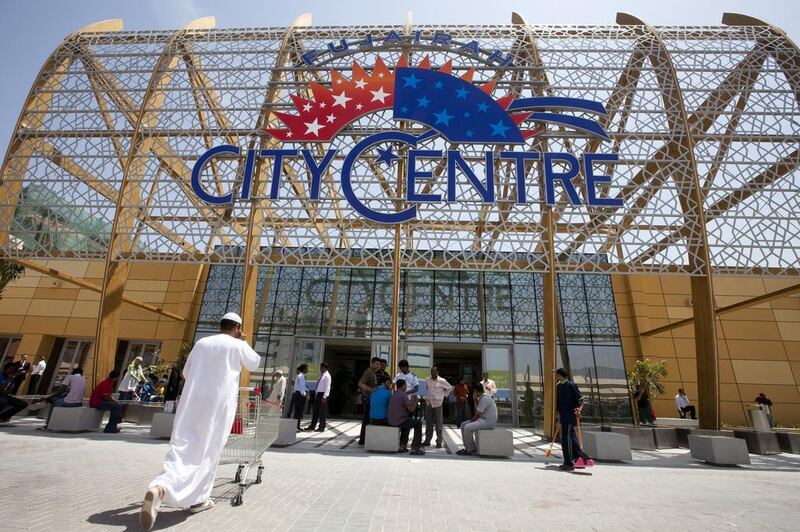The fourth quarter of 2013 proved to be relatively turbulent. There was constant speculation that the United States Federal Reserve would start to pull back its US$85 billion of monthly asset purchases and, as it ultimately did, US Treasury yields rose and the 10-year bond ended at the year’s high.
There were, however, also a number of positive developments, and these ensured that many asset classes continued to advance. Risk assets, including corporate bonds and developed-market equities, continued to benefit from persistently low interest rates, support from central banks in Japan, Europe and the US, and positive economic data.
The improved economic performance of the developed world led the S&P 500 Index and other developed market stock indexes to all-time highs, with the S&P 500 Index showing a gain of nearly 10 per cent on the quarter.
Risk assets in the Middle East North Africa (Mena) region fared considerably better than emerging-market equivalents.
Data and news from GCC countries was upbeat during the quarter, none more so than from the UAE. Dubai, in particular, had a stellar year, thanks to the continued expansion of the real estate sector, a considerable rise in the number of travellers visiting Dubai and the decision to award Expo 2020 to Dubai.
The Saudi Arabian government also presented a budget for this year that showed a continued focus on investment in infrastructure, education, health care and social and economic development projects.
There was a good mixture of conventional and sukuk issuance in the first two months of the quarter, reflecting growing confidence and liquidity in Mena financial markets. Sukuk issuance was especially strong in the UAE. For example, the Abu Dhabi government-owned Al Hilal Bank launched a debut US$500 million five-year sukuk in October, while Ras Al Khaimah also issued a $500m five-year sukuk in the same month.
Most notably in October, the Gulf’s first international hybrid bond from a corporate borrower was issued by Dubai’s Majid Al Futtaim (MAF), an operator of retail malls. Proceeds from this $500m perpetual bond, which will be callable after five years, will be used to help fund the company’s acquisition of the French retailer Carrefour’s stake in MAF’s supermarket business in the Middle East.
In November, Gems Education, a Dubai-based school operator with facilities across several emerging and developed markets, launched a $200m debut hybrid subordinated sukuk, while Aldar Properties raised $750m via a five-year sukuk. Abu Dhabi Commercial Bank sold a $500m floating-rate note due in January 2017, while First Gulf Bank tapped the market with a senior $500m note set to mature in 2019. Issuance died down again in December and was restricted to local currency issues.
The GCC bond markets have behaved more like their developed market counterparts with equity markets posting very strong gains, credit markets remaining stable and higher-yielding assets outperforming the broader market.
This year, the GCC should, we believe, continue to benefit from the increasing liquidity of markets in the region and the probability that benchmark interest rates will remain low for some time to come, even as quantitative easing in the US fades. Investors in the GCC may expect to benefit from strong government finances, abundant currency reserves, low correlation of GCC fixed-income assets to assets in other regions and continued economic growth.
We expect market volatility to remain elevated as the market adjusts to the scaling back of the Fed’s quantitative easing programme, yet we believe GCC markets could continue to deliver good results thanks to the combination of attractive valuations, in our view, and favourable technical dynamics that may continue to offer investors better downside protection relative to other fixed-income sectors.
Mohieddine Kronfol is the chief investment officer for fixed income and global sukuk at Franklin Templeton Investments (ME)
business@thenational.ae





